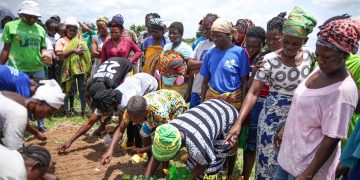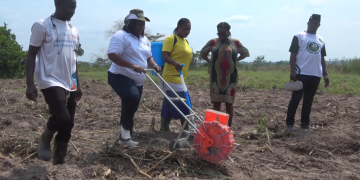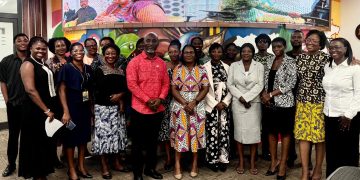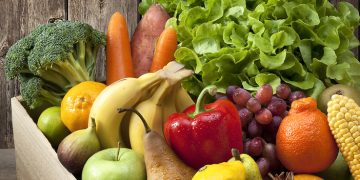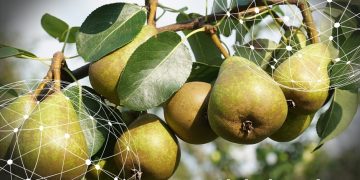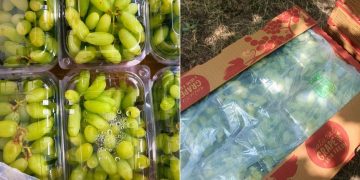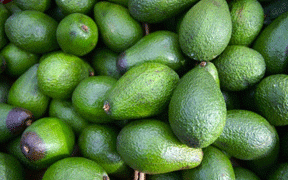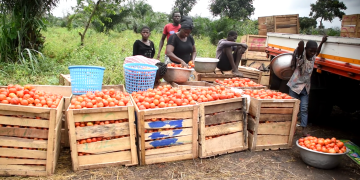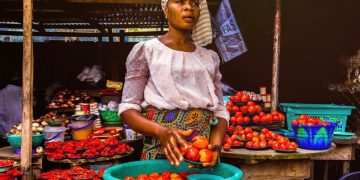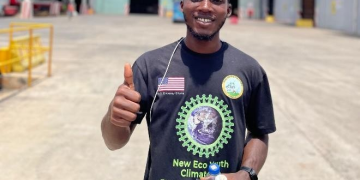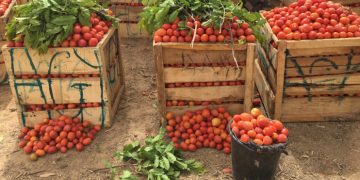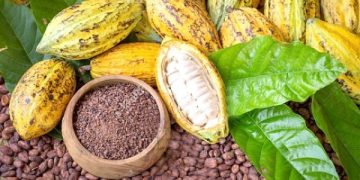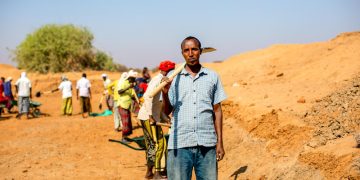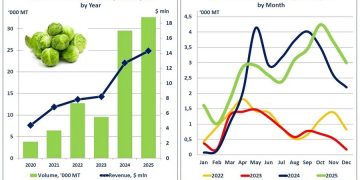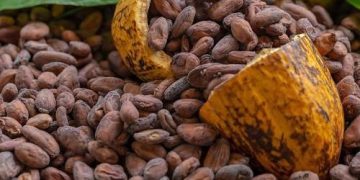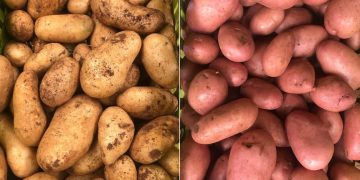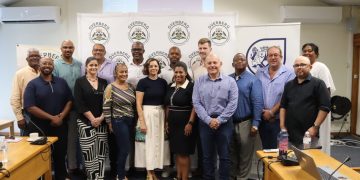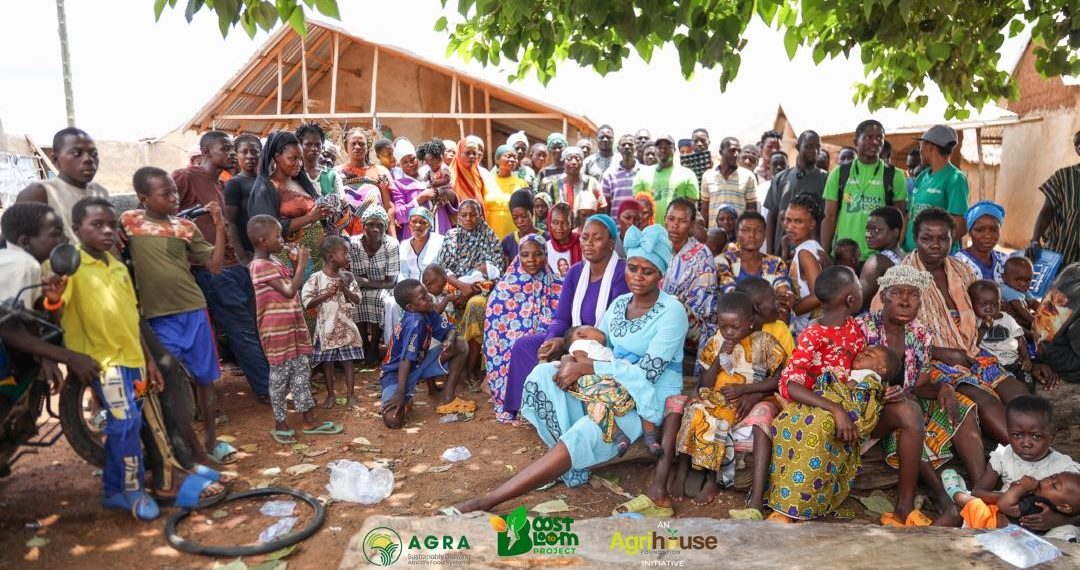More than 180 women and youth farmers in Nungu, in the Northern Region, have benefited from a hands-on training session under the Boost to Bloom Project, an initiative led by Agrihouse Foundation with strategic funding from AGRA and Mastercard Foundation under the Youth Entrepreneurship for the future of Food and Agricultural (YEEFA) Programme.
The training focused on pepper cultivation, encouraging participants to adopt best practices to improve yields and incomes. Many of the farmers already had some experience in cultivation but required technical guidance to enhance productivity.
Agriculture expert Emmanuel Digooh took participants through the nursery stage, stressing the importance of nursing pepper seeds before transplanting.
“Nursing seeds gives them a stronger start. It protects them from harsh weather, ensures uniform germination, and allows the farmer to select only the healthiest seedlings. This helps reduce losses and guarantees better productivity,” he explained.
Mr. Digooh also guided the farmers on transplanting techniques, highlighting proper spacing, watering, and soil preparation. He further educated them on pest management strategies, including early detection and the use of safe, sustainable control methods. In addition, he emphasized post-harvest handling, urging farmers to adopt proper drying, storage, and packaging practices to preserve quality and access better markets.
The training concluded with the distribution of starter packs to participants, equipping them to begin or expand their pepper production journey.
Executive Director of Agrihouse Foundation, Alberta Nana Akyaa Akosa, commended the farmers for their enthusiasm and commitment.
“This training is not just about growing peppers. It is about growing opportunities, creating income streams, and empowering women and youth to become agripreneurs who can transform their communities,” she said.
The Boost to Bloom Project continues to spark positive change in farming communities across northern Ghana, equipping farmers with practical skills, inputs, and the confidence to scale their agribusiness ventures. For the women of Nungu, the training marks the beginning of a new chapter in their agricultural journey, one filled with knowledge, empowerment, and hope.

